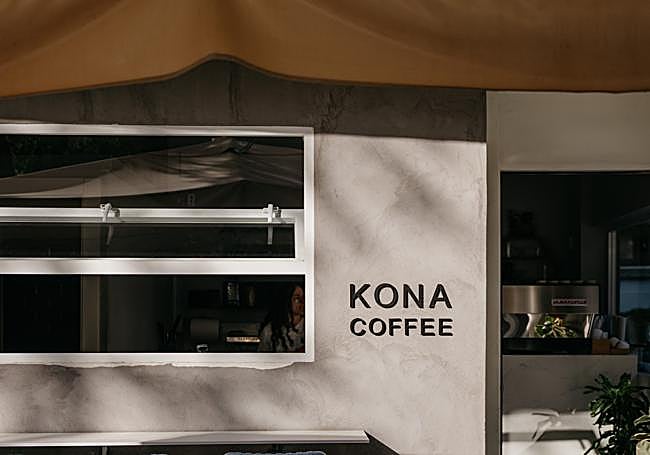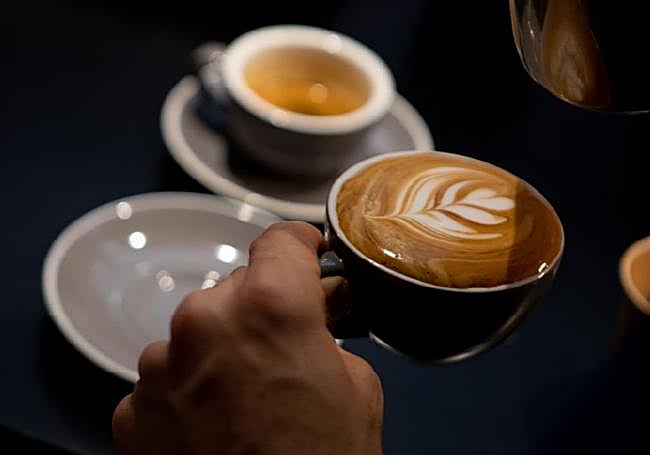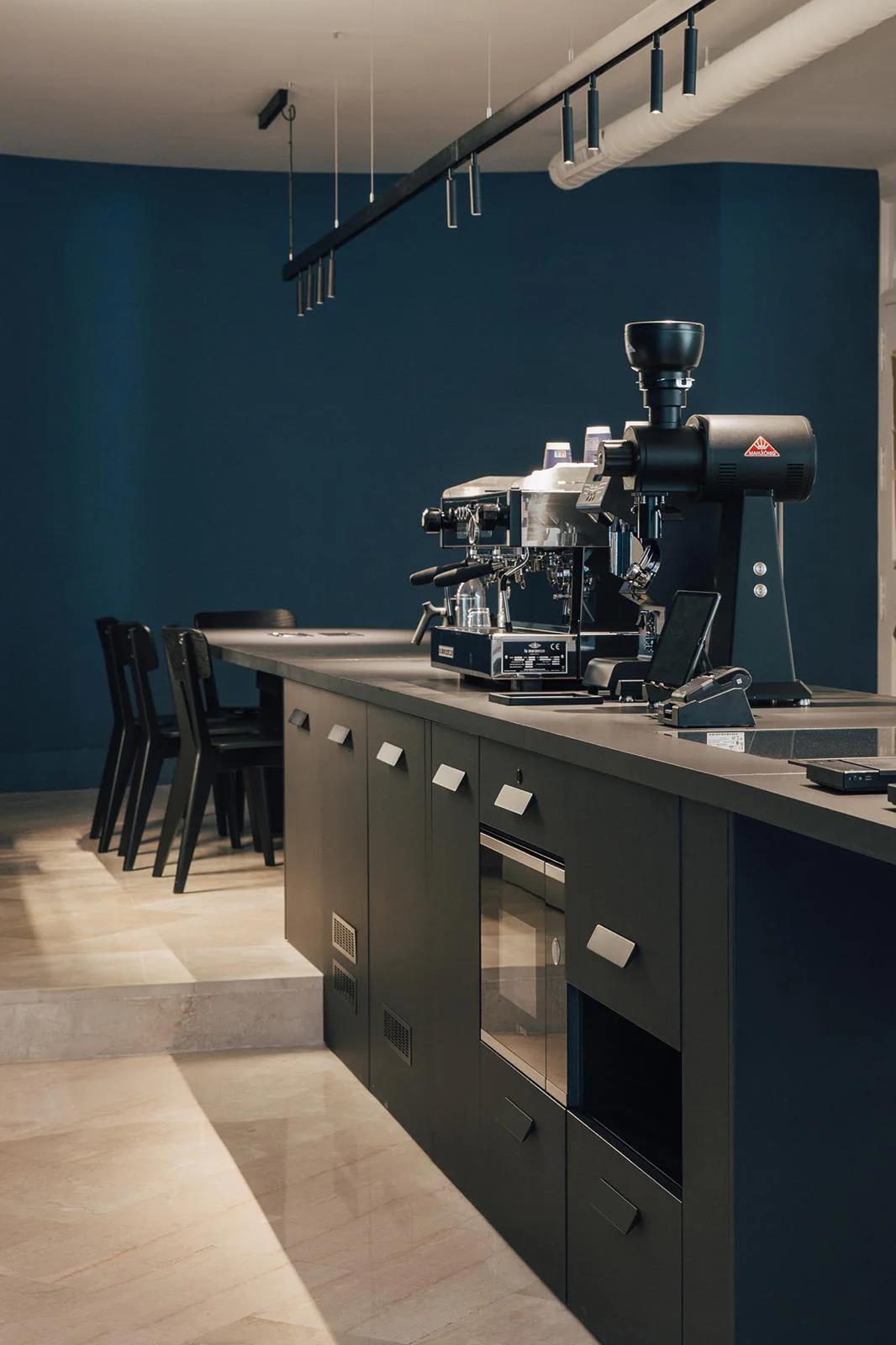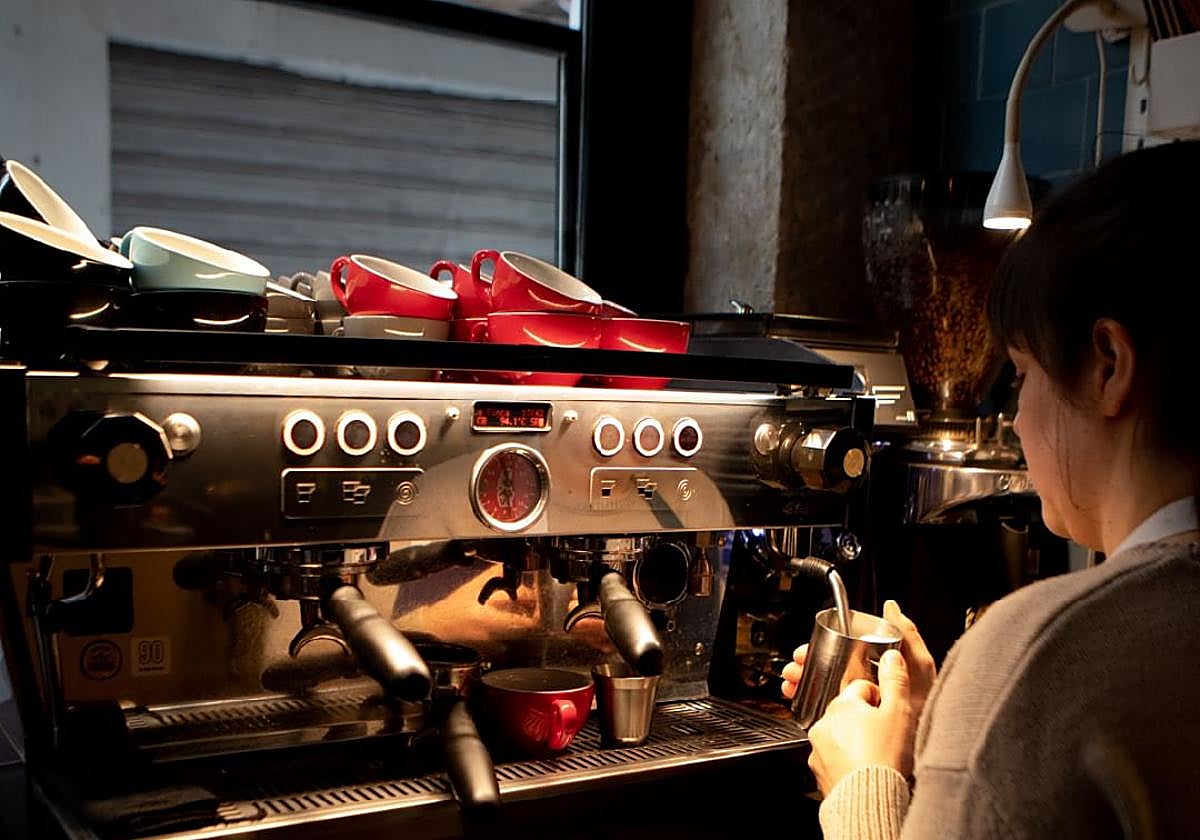The boom of coffee shops with a beverage costing more than 2 euros has arrived in the south of Spain
But what is it about these places and their 'specialty' coffees that makes the price so high?
Alberto Flores
Granada
Sunday, 29 September 2024, 08:09
Most people in Granada in the south of Spain take time out of their daily routine to enjoy a moment of peace that usually takes place mid-morning or in the afternoon: the coffee break. However, this is one of the small daily pleasures that has become more expensive in Granada in recent months. So much so that in the so-called 'specialty' coffee shops, the beverage is sold for more than two euros a cup. But what is it about these places and their coffee that makes the price so high?
The truth is that this type of establishment does not offer just any type of coffee. Nor do they prepare it just any old way. They are businesses that think about from the origin of the product to its roasting. And the results they offer are so good that in the centre of Granada there are already several establishments dedicated exclusively to speciality coffee.
"We offer an unaltered coffee with very careful roasting. The result is that each coffee is unique and 100 per cent natural," Selene Torres, founder of Kona Specialty Coffee, a coffee shop located in Plaza Bibataubin, tells SUR's sister newspaper Ideal. When she opened her coffee shop, it was clear to her that she wanted to offer a "different" concept in the city and for this she was inspired by the Nordic countries. "Our whole concept comes from there, from the colours to the calm that we try to convey, because for us the moment of having a coffee is a moment of peace.

Zoom

The establishment offers all kinds of coffee: "That's where we believe part of the essence lies, offering different profiles and flavours with products from different origins". From the beginning, they wanted to create a love of coffee, something that Selene explains they are achieving. "Our public is very varied and diverse. This is not a fad, specialty coffee is here to stay", she said.
For a coffee to be considered a 'specialty', it must score more than 80 points out of 100 on the SCA (Specialty Coffee Association) scale, which ensures that its quality is excellent.

Zoom

And in addition to surpassing those 80 points, it has other characteristics that justify its higher price than a commercial coffee. "The coffee is hand-picked and everything is much more careful than with a commercial coffee. The roasting is more delicate and the taste has different notes. You could say that it is like a good meat because you also have to know how to roast it in the right way, taking great care," explained Juan Manuel González, owner of La Finca Coffee (3 Calle Colegio Catalino).
But that is not the only difference with respect to commercial coffee for Juan Manuel. Another is the work of the barista, who must be trained to know how to work the milk and coffee correctly, because with this type of product "it's not just a matter of pressing a button on the machine" and waiting for it to come out. Not to mention the fact that as a product, speciality coffee is "much more expensive" than commercial coffee.

Zoom

"People need to realise that consuming speciality coffee is not just about having a drink, it is about supporting sustainability and fair trade. It's a whole experience," explained Rolando Montenegro, owner of Despiertoo Specialty Coffee (C/ Jáudenes, 4). In his case, they can offer full traceability of the coffee they offer, something that also increases the price. "We grow the coffee in Guatemala, harvest it, roast it and serve it. This allows us to master every step of the chain.
He said they can afford to select each coffee bean to keep only the best. "This selection is based on quality and also involves a higher cost. Rolando says that the batches of speciality coffee are also characterised by being "much smaller" than those of commercial coffees, which also makes the costs higher. Not to mention their coffee machines, which are eight to ten times more expensive than those in a normal coffee shop".
